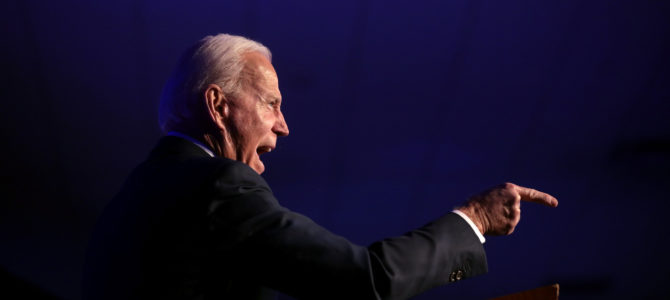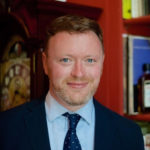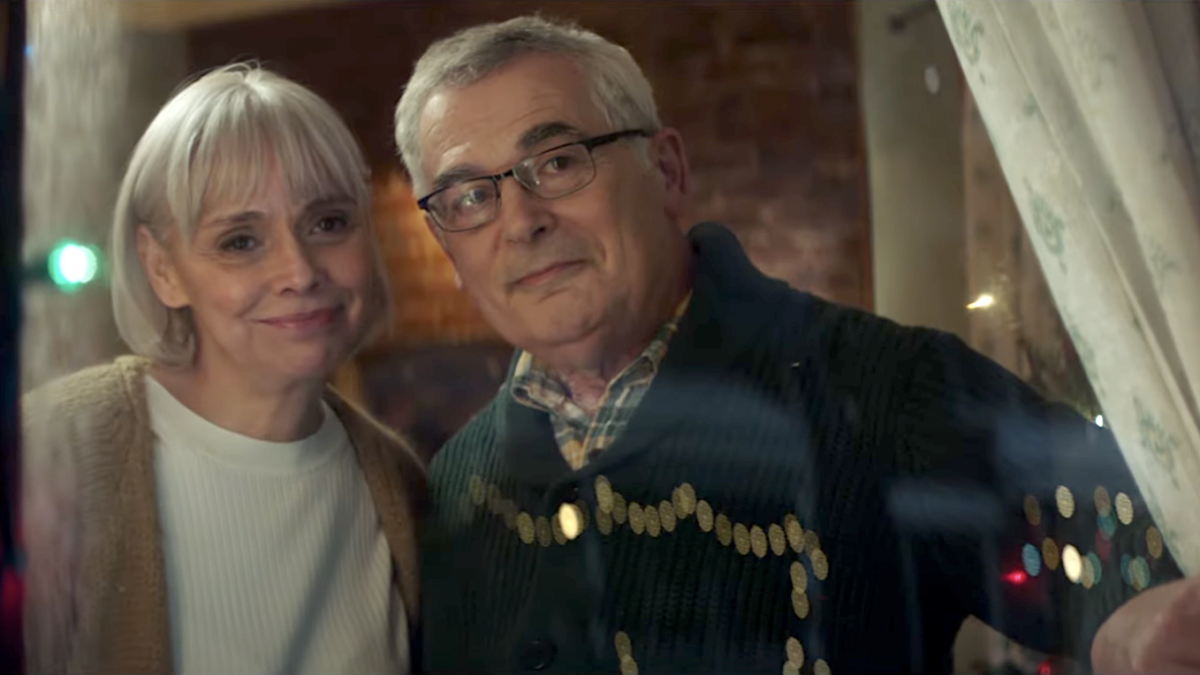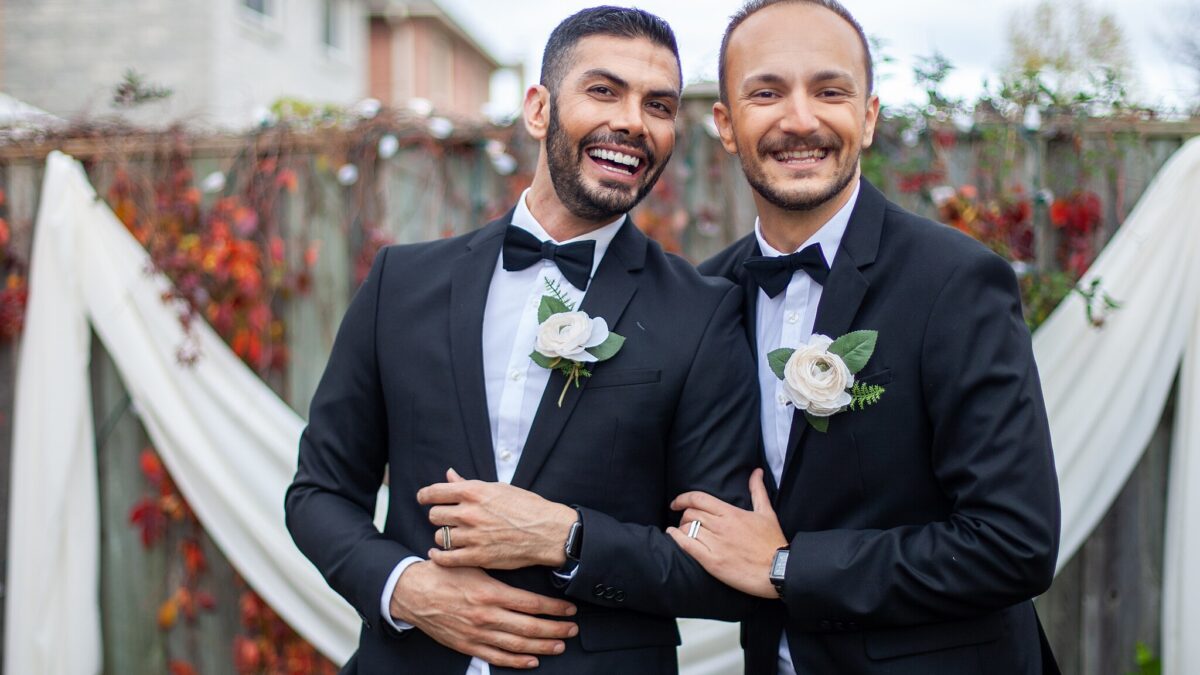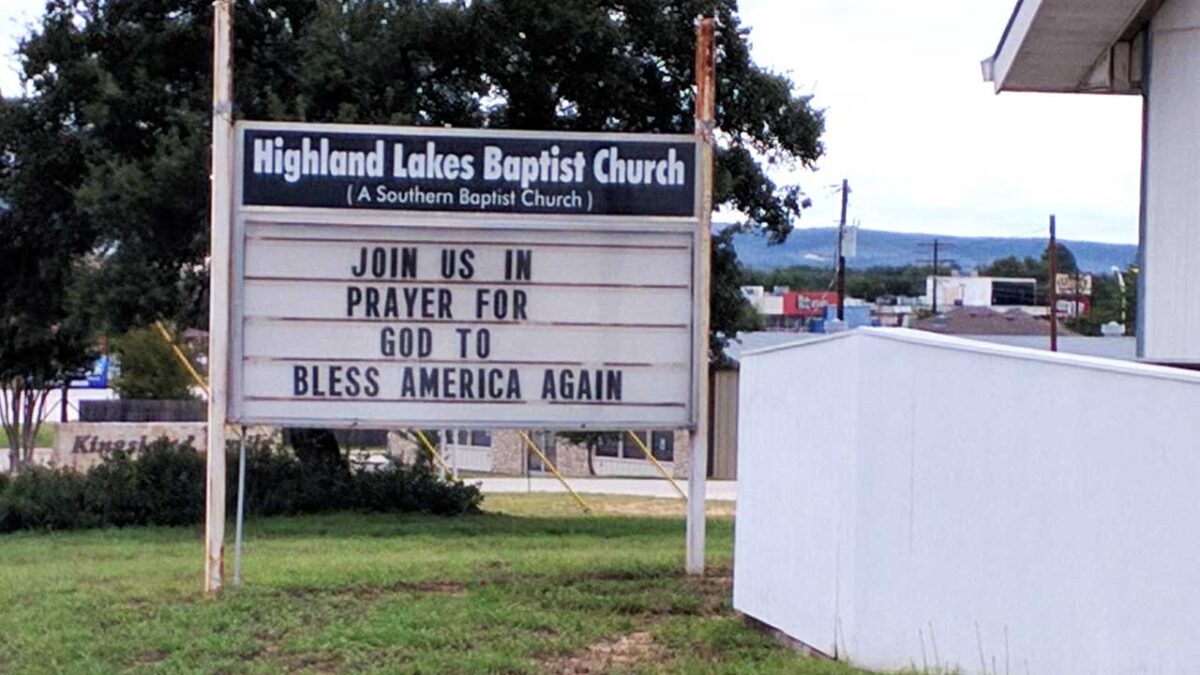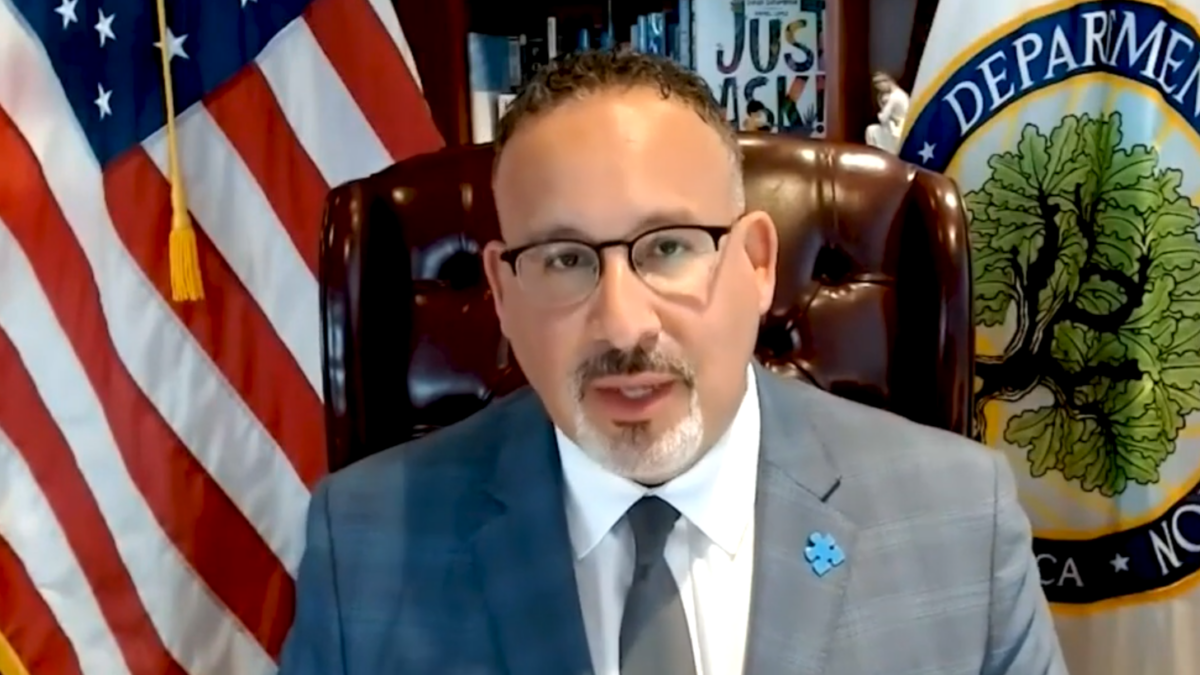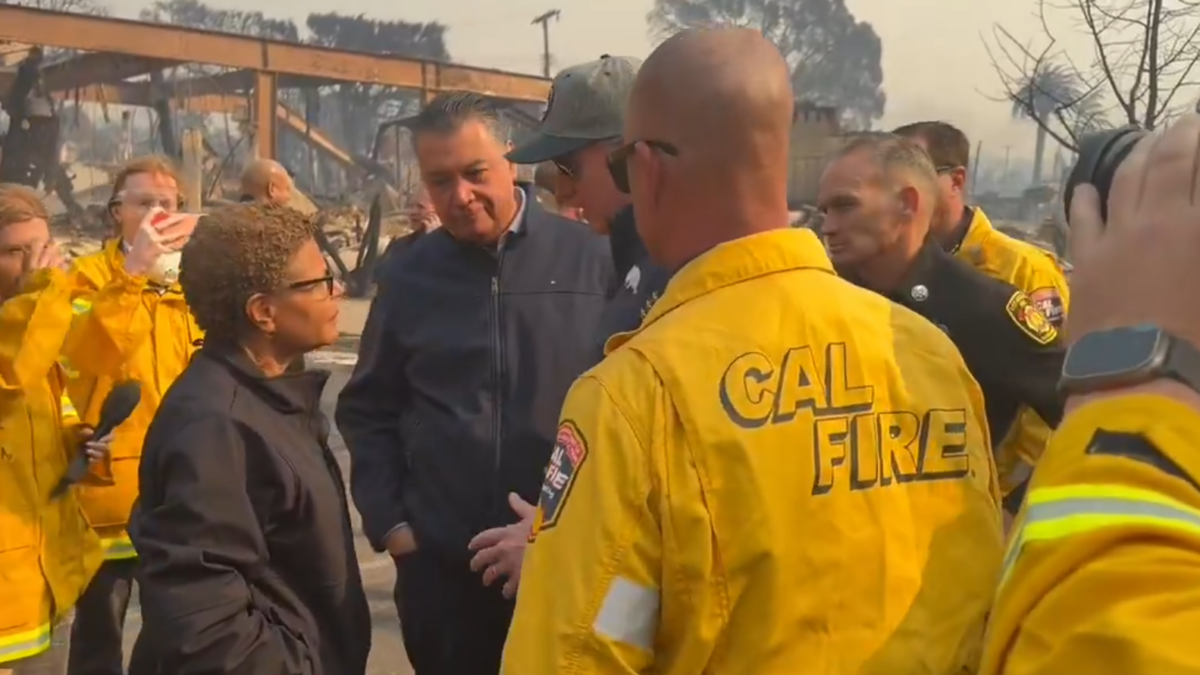Former Vice President Joe Biden ran his presidential campaign on a pro-late-term abortion, pro-child sex-change, pro-gay marriage, pro-contraception mandate platform. Two of these positions stand in direct defiance of the Catholic Church’s “five non-negotiables,” one targets Catholic nuns, hospitals and adoption agencies, and the other targets children.
Not satisfied, Biden chose Sen. Kamala Harris as his running mate, despite her claim that membership in a Catholic organization is a disqualifier from becoming a federal judge.
How did we end up here, with an ostensibly Catholic politician leading a ticket that is openly hostile to even the most basic, “non-negotiable” teachings of the Catholic Church? How are there more Catholics in public service, but less Catholic influence over public life, than ever before?
The early days of Sen. Ted Kennedy’s career, when he was a pro-life senator are long gone, as are the days of Pennsylvania Gov. Bob Casey, who stood against the left wing of his party for the sanctity of life, even butting heads with fellow governor and presidential candidate Bill Clinton. In today’s Democratic Party far more than even then, it is a serious liability to stand for any kind of Catholic understanding of morality beyond stewardship of the earth and the welcoming of foreign immigrants.
Yet through it all — the campaign, the running mate, the platform — the bishops dared not utter a word of criticism. Not content with silence, many even publicly endorsed the Biden candidacy. Worse still, some actively worked to target and silence those Catholic priests who dared speak out against what has undoubtedly been the most anti-Catholic platform and ticket in modern American history. Of the entire American Catholic Church’s leadership, only Bishop Joseph Strickland spoke out on the Biden campaign’s open assault on Catholic moral teaching.
This is sadly unsurprising. For more than half a century the bishops have skirted their role in public life, leaving the faithful to fend for themselves. A deeply misunderstood moment in this slow march took place in September 1960, when then-Sen. John F. Kennedy promised a hostile audience of Protestant ministers that no man of God will advise his actions, that public funding for Catholic schools is unconstitutional, that decisions “on birth control, divorce, censorship, gambling, [and] any other subject” will be made “without regard to outside religious pressures or dictates,” and that “no power or threat of punishment [will] cause [him] to decide otherwise.”
It’s a major speech in civic history, credited with going a long way toward ingratiating American Catholics into elite society acceptance, but far from the examples of American Catholic heroes like founder Charles Carroll of Carrollton, or Fr. William Corby of the Irish Brigade, Kennedy achieved this not by embracing his faith, but by shedding it.
When he did this, few if any bishops spoke out. Most vocally hoped he would win, loudly backing his ethnically Catholic candidacy despite that antithetical promise he might be both the first Catholic president yet one who is unmoored from Catholic-informed governance. It was a confusing moment for Catholic faithful about to enter their most disruptive decade in centuries. More than this, it went a long way toward ending what might have been, or might have become, “a Catholic vote” beyond rude ethnic loyalties.
I’ve seen Biden standing in the last row of Sunday’s final Mass at St. Matthew’s Cathedral. He caused almost no disruption, praying silently and going unnoticed to even the young man in front of him (until he turned to share the sign of peace). It’s not for me or any of us to question a man’s private faith — but it is for the clergy to hold us accountable to our faith, particularly in our political rule. They are shepherds, called to love and guide the faithful like parents love and care for their children, correcting them when they goes astray — out of love and for their sake.
“The church is not a political power,” Pope Benedict XVI declared. “It’s not a party, but it’s a moral power.” It’s a moral power as needed as ever in public life, yet through the course of 2020’s disease, uncertainty, government power over religion, and attacks on saints and churches, our bishops have chosen the path of secular popularity, closing their doors and politely nodding along with the elites. Do our political leaders’ stations in our society mean they are beyond God’s word? The Catholic Church’s silence screams that this is the case.
Just over 50 years ago, Kennedy said he believes “in an America… where there is no Catholic vote, no anti-Catholic vote.” With the willing assistance of the bishops, he got his first wish. Now, through their folly, the bishops have ensured they’ll have no say against the second.
